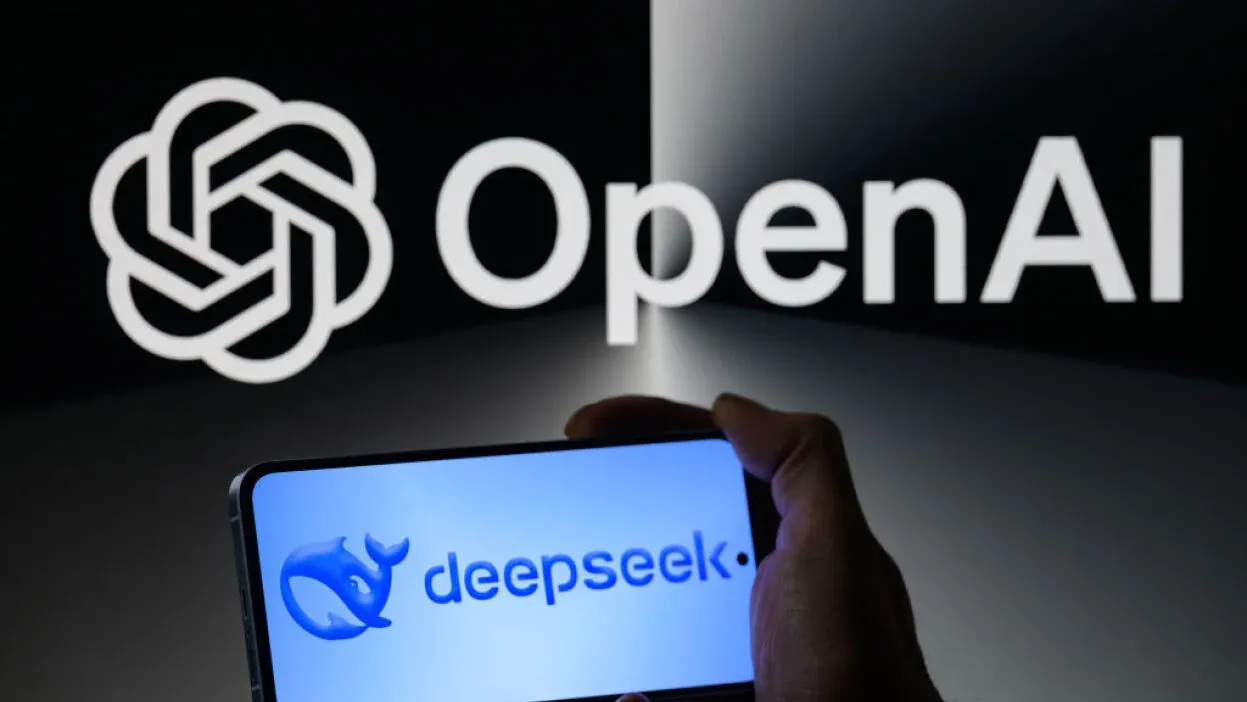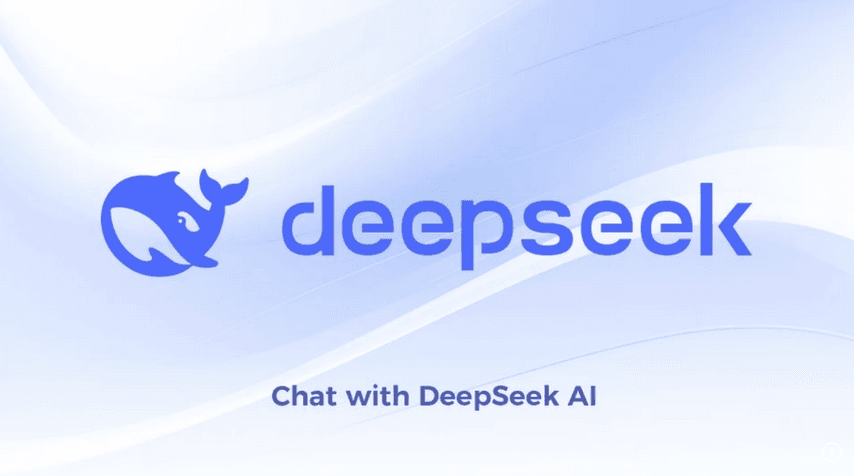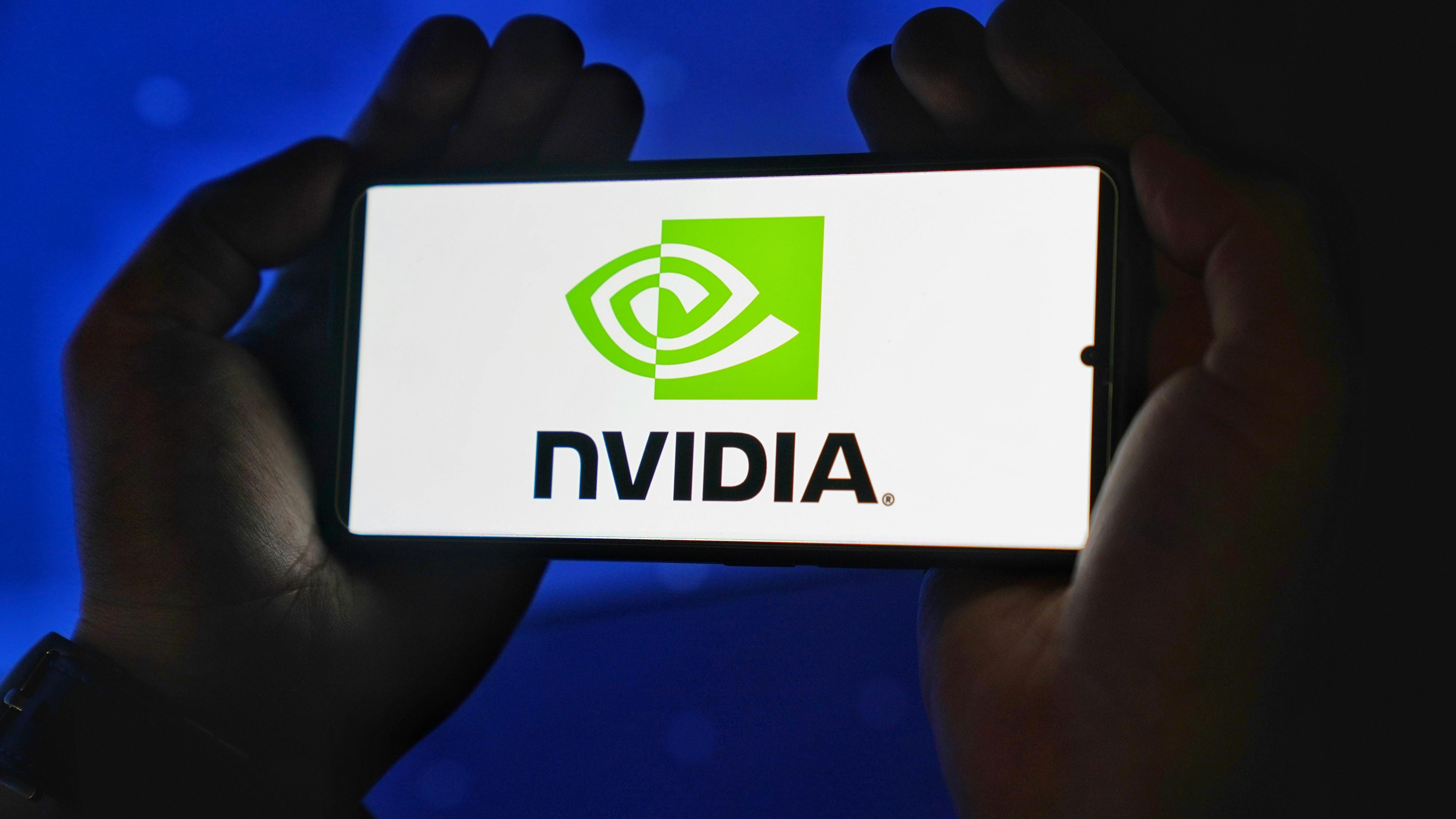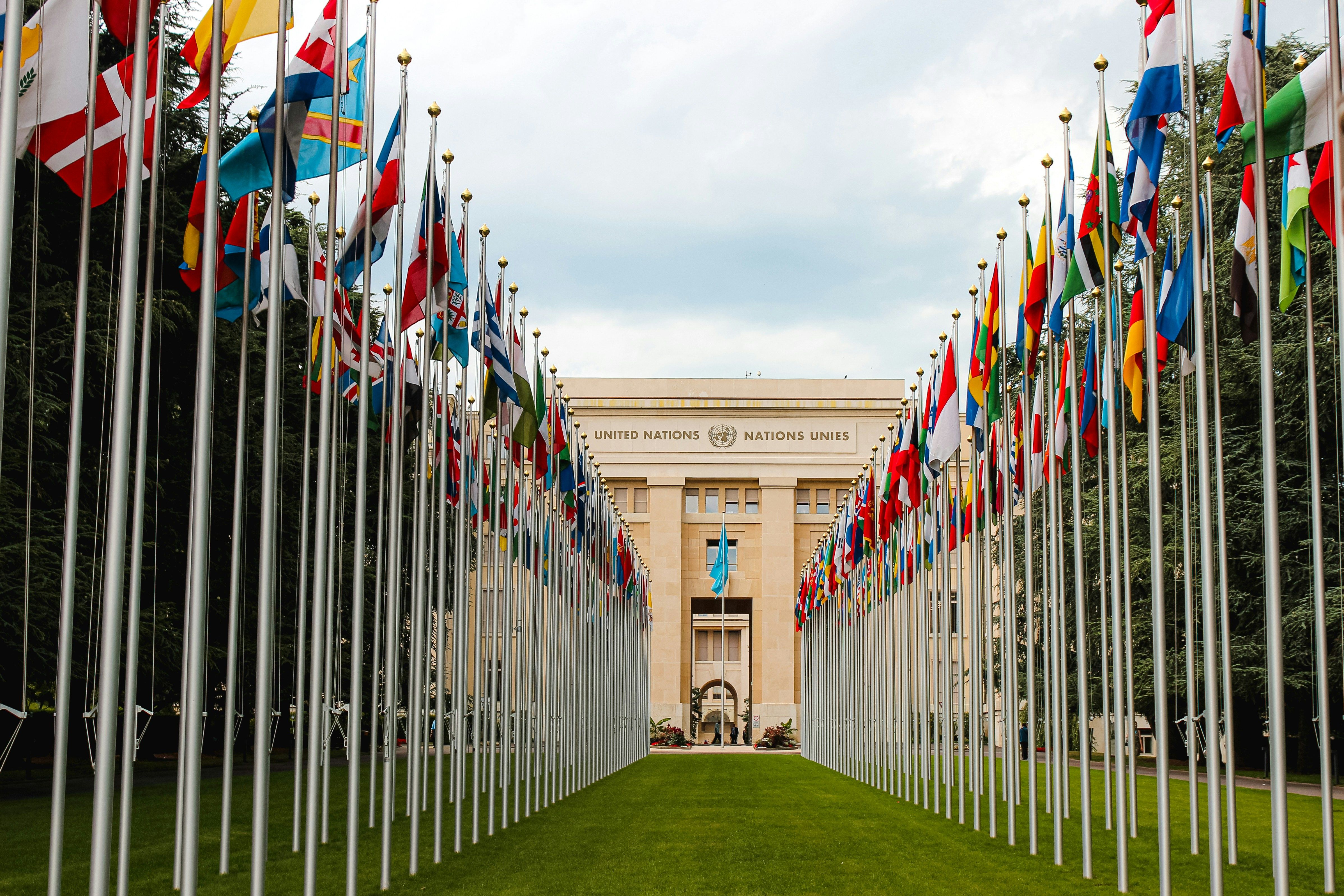Frequently Asked Questions
More topics you may like

CrowdStrike & Meta Launch CyberSOCEval Benchmarks for AI Security Performance

Muhammad Bin Habib

DeepSeek Targets Year-End AI Agent Release to Rival OpenAI

Muhammad Bin Habib

DeepSeek-V3.1 Launches Hybrid Reasoning in One Model

Muhammad Bin Habib

Glitches Mar Meta’s AI Glasses Launch, Trust in Wearables Shaken?

Muhammad Bin Habib

NVIDIA-Backed UK AI Firm nScale Secures $1.1B in Funding to Expand Global Reach

Muhammad Bin Habib
